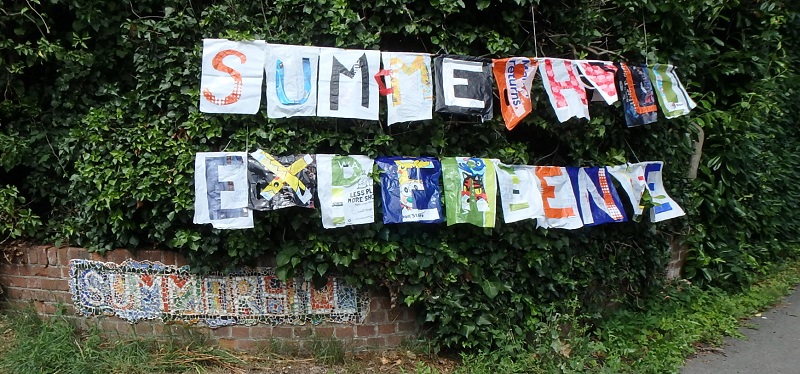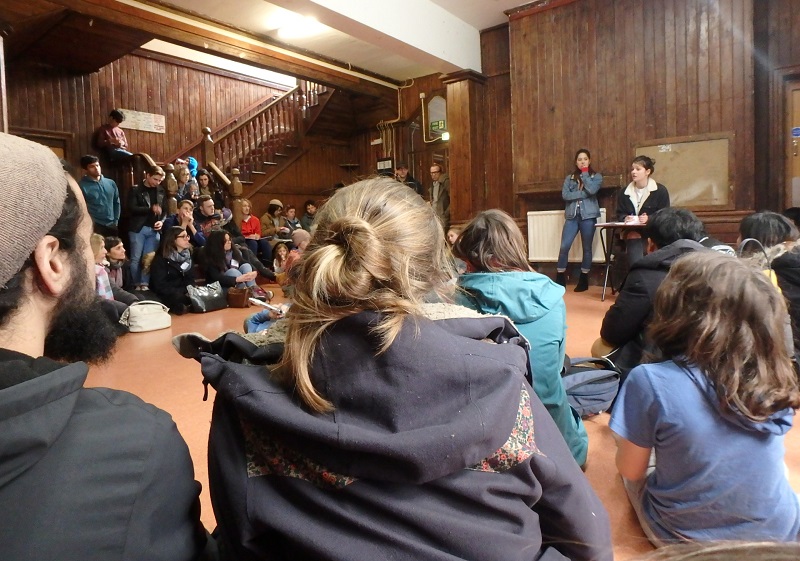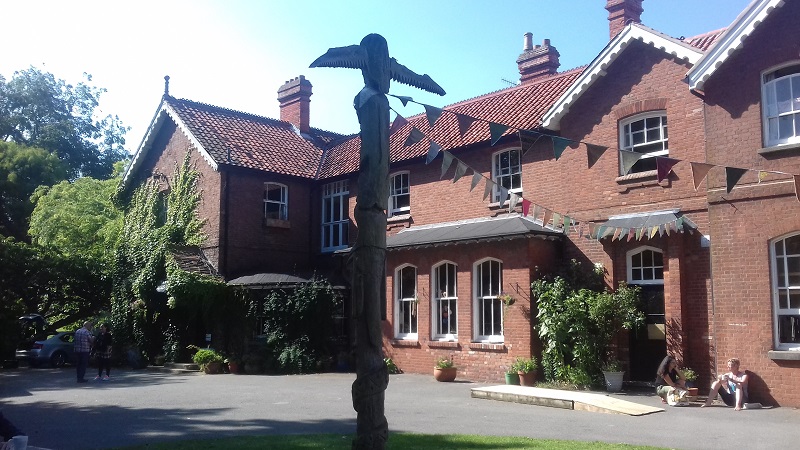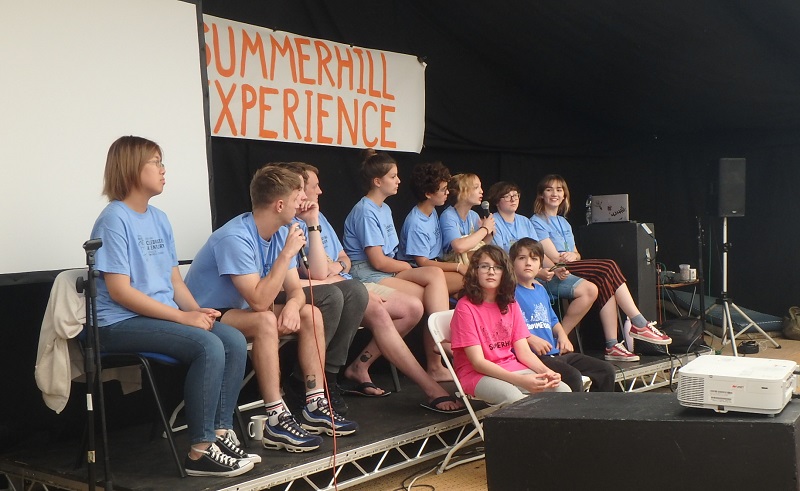One of the things about freedom in its purest sense is that by nature it comes with no security gate to protect us from committing actions with unpleasant consequences. If you choose to use your freedom to do things that are not good for you, your body will suffer as a result. If you use your freedom to harm another person, the result is that someone else is hurt. The hard part of freedom in any meaningful sense of the word is the law of cause and effect. Everything I do has an impact on myself and those around me, and while I’d like to think that my imprint on the world is primarily good, sometimes I’m going to screw up, and sometimes that is going to hurt. A lot.
Last weekend I have had the privilege of being able to attend a conference at Summerhill, the oldest children’s democracy in the world, as a part of their centenary celebrations. Something that has become very clear to me over the course of my time here is the fluidity and constantly changing face of freedom. At one moment it is as light as a feather and the next it is like an iron weight on your shoulders.

One of the worst feelings in the world is when you know you’ve done something wrong, and you have to face the consequences of your mistake head on. At Summerhill there is no protection from this. Freedom has a cost and for freedom to continue to exist for everyone, there has to be accountability.
Three times a week at Summerhill school the community gathers together to make decisions about the school. Motions are proposed, voted on, passed or dropped; announcements are made; complaints are brought. Complaints can come from any member of the community from the most senior staff to the youngest child and can be made against any other member of the community without exception. Then it is discussed. There is no need or expectation for anyone to hold anything back. People talk, shout and cry as they need to. A consensus is reached in the community, restitution made, a penalty given if the community deems it necessary. Then it is finished and everyone moves on.

This process, or variations on it, are common practice in democratic schools all around the world, and understandably one of the biggest stumbling blocks for families considering democratic education. After all, as parents we instinctively want to protect our children from painful experiences and the idea of our children potentially being exposed on such a public platform can seem an overwhelming prospect.
So isn’t there an easier alternative?
Perhaps, but not without restricting freedom. The Summerhill meeting process and the Sudbury Judicial process are not in conflict with the philosophies of freedom and self-direction, but actually the reason these things can exist at all. If conflict is not resolved by the community it has to be either ignored, meaning that one person is able to restrict the freedom of another through force or fear; or managed by a person in a position of authority, which goes against the principle of equality. Moreover, having a platform to express grievances is very empowering for those who have been wronged. It teaches children that there is never a need to put up with insult or abuse, no matter where the injury comes from, nurturing a confident and assured mindset for the future.
It is important to bear in mind that rules are going to be broken whatever context you exist in, and personally I would question the effectiveness of traditional methods of reward and punishment in mainstream schools regarding ongoing issues such as bullying, issues which tend to be dealt with very quickly and effectively in democratic schools.

But what about those that have to face up to their mistakes in front of the community? Isn’t this extremely difficult? To begin with it can be, but it does get easier over time. What is most difficult, but also beautiful about this process, and makes Summerhill stand out from almost every other school in the country, is the way that the perpetrator has to face the consequences of their actions head on. Freedom of emotion is a powerful thing and having to face the raw emotion of the person you have injured in the presence of the whole community is not for the faint of heart.
Yet while it can be a hard and painful process, more difficult than anything most adults have to deal with in their day to day lives, it is also truly character building. It is not about shame or punishment, but about responsibility and compassion. To be able to own up to your mistakes and take responsibility for them is a sign of maturity that will serve you well in all areas of life, and while many adults in our culture are unable to do this, for Summerhill students it is a central part of their education.
In practice it has a truly cleansing and restorative effect on the community, and once the problem has been addressed and dealt with, the community is able to move on without resentment, because everything that needed to be said has been and it does not need to be revisited. The person who has been wronged feels vindicated and the person in the wrong humbled but not rejected or demonised. After all everyone in the community is called out from time to time, and everyone is aware of this. It is not personal. Ultimately the process serves to build character, strengthen relationships and maintain the culture of freedom without fear of others. This is in stark contrast to a wider society where it has become the norm to hold things in for fear of offending others, where conflict is often left unresolved and grudges can be carried for years or even decades without ever addressing the real problem.

It is also no doubt the reason why the students that I met here are probably the most articulate and naturally confident that I have ever met. They are happy to discuss difficult topics with adults on an equal basis and are not at all afraid to tell them when they are wrong or out of line. It is significant that with the accountability that comes with their time here, there is also empowerment. The youngest child can call out the headmistress without fear of any repercussions. The freedom to do this is the whole reason that this kind of school can exist. It is the protection that the community members need in order to experience freedom without fear.
It is the reason that in 100 years, ongoing cases of bullying have very rarely occurred here. It is the reason that social workers who came to the school said that Summerhill’s safeguarding policy was the best they had ever seen. It is the consequence, the sustenance, and the organic expression of freedom, and I think we all have something to learn from it.
